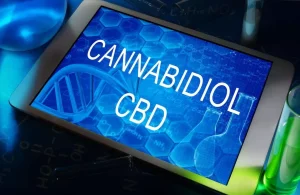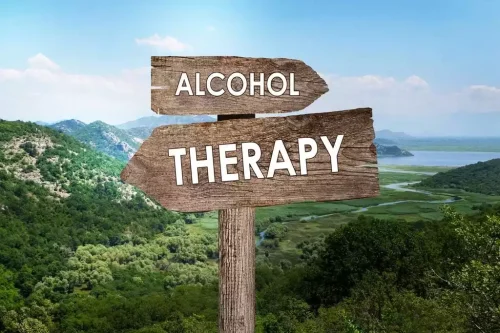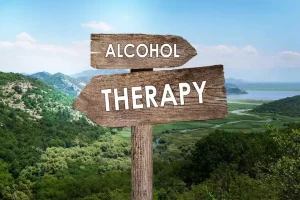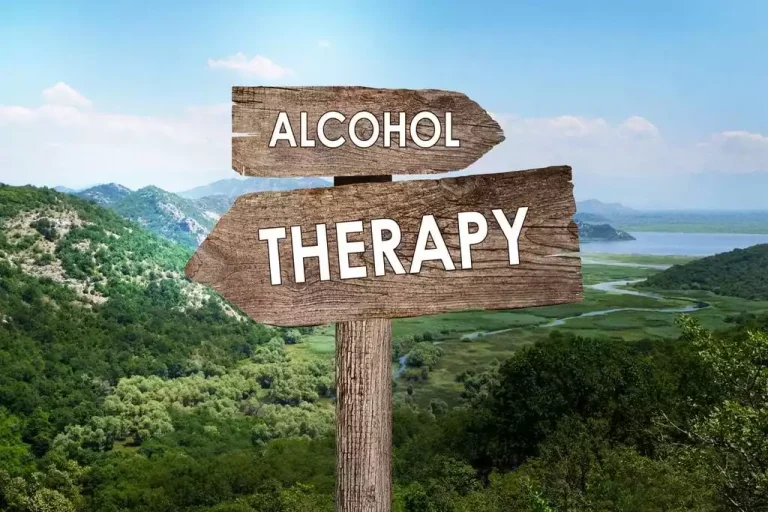
These risks are greater at higher peak levels of consumption. Because of the impairments it produces, binge drinking also increases the likelihood of a host of potentially deadly consequences, including falls, burns, drownings, and car crashes. Experts typically define binge drinking by the number of standard drinks you consume in a single period of 2 hours or less.

Binge Drinking Health Effects
- Health experts call these events adverse childhood experiences, or ACEs, and they’ve been shown to increase the risk of developing chronic health problems and mental health issues in adulthood.
- By Sarah Bence, OTR/LBence is an occupational therapist with a range of work experience in mental healthcare settings.
- Although drinking this much might not seem like a big deal in the moment, you may regret your choices later.
- Most people who binge drink are not addicted to or dependent on alcohol.
This is sometimes called the “5+/4+ rule” (5-plus/4-plus rule) of binge drinking. Alcohol lowers inhibitions and, in the moment, makes you feel more relaxed. Because of this initial effect, people often use alcohol to cope with social anxiety.
General Health
If you drink and breastfeed, it can affect your nursing baby. No amount of alcohol is safe while you are pregnant or breastfeeding. This is because alcohol can cross into your unborn baby’s bloodstream. Contact us today to find out which program might be right for you, or to begin the process of arranging for treatment. Doctors typically prescribe medication in combination with counseling to address the psychological elements of addiction. If you’re having thoughts of hurting yourself or ending your life, know that you’re not alone.
What’s the Difference Between Binge Drinking and Alcohol Use Disorder?
Unlike binge drinking, the problem of alcohol use disorder isn’t measured by a particular number of drinks. Instead, the CDC defines it as a chronic condition, which means it’s a type of illness that’s persisting over a long period of time. Individuals of African descent have a lower level of binge drinking followed by those of Asian descent. People who are homozygous for the ALDH2 gene are less likely to binge-drink due to severe adverse effects that occur even with moderate amounts of alcohol consumption. The effects of binge drinking can increase the risk of being hurt or harming others. Excessive alcohol consumption can also put people at significant risk of a deadly overdose.

If you think someone might be experiencing alcohol poisoning, even if you have doubts, place them on their side in the recovery position and call 999 for an ambulance. “When you are chugging down alcohol really fast, the reservoir of alcohol in your stomach rises pretty quickly and you can get suddenly sedated, stop breathing and die,” Kane says. Other symptoms include seizures, slow heart rate, clammy skin and lack of a gag reflex, which you need to prevent choking. By suppressing the release of vasopressin, alcohol causes your body to lose more water when you urinate. The resulting mild dehydration might contribute to the misery of alcohol hangovers, White says. Eating disorders are complex mental illnesses, influenced by a range of factors.
- If you or a loved one is struggling with binge drinking or think you might be at risk for an alcohol use disorder, help is available today.
- Binge drinking can increase risks to your health, wellbeing and safety.
- But the definition of what constitutes a binge-drinking episode may surprise you.
- Some people ask why binge drinking is bad if six standard drinks is technically within the HSE low-risk weekly guidelines.
Alcohol withdrawal management SA Health
Contact the First Step Behavioral Health specialists to learn about our holistic treatment and recovery support programs. Reach out with questions or to schedule an intake appointment. Treatment and ongoing support can help people safely stop drinking, manage withdrawal, and avoid relapse for the rest of their lives. Alcohol is part of life for most adults in the United States. Alcohol is legal for sale and consumption throughout most of the country, and research shows that the majority of adults drink from time to time. If you want to cut back on your drinking — or quit drinking alcohol altogether — you have plenty of options.

How does binge drinking affect your health?
This risk is further heightened if you combine alcohol with prescription or over-the-counter drugs that make you sleepy, he notes. Just having a chat about drinking might be the first step to having a healthier relationship with alcohol. There is a greater chance of harm to your unborn baby the more you drink when you are pregnant. This is because the level of alcohol in your blood is binge drinking high, and so more alcohol can cross to your baby. If you or someone you love needs treatment for alcohol abuse, you are not alone.